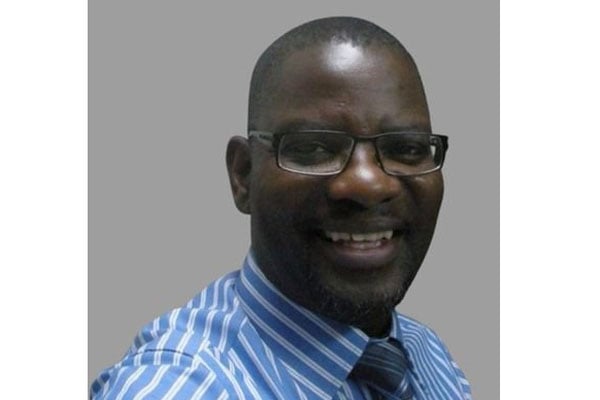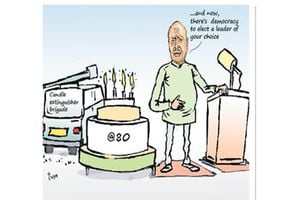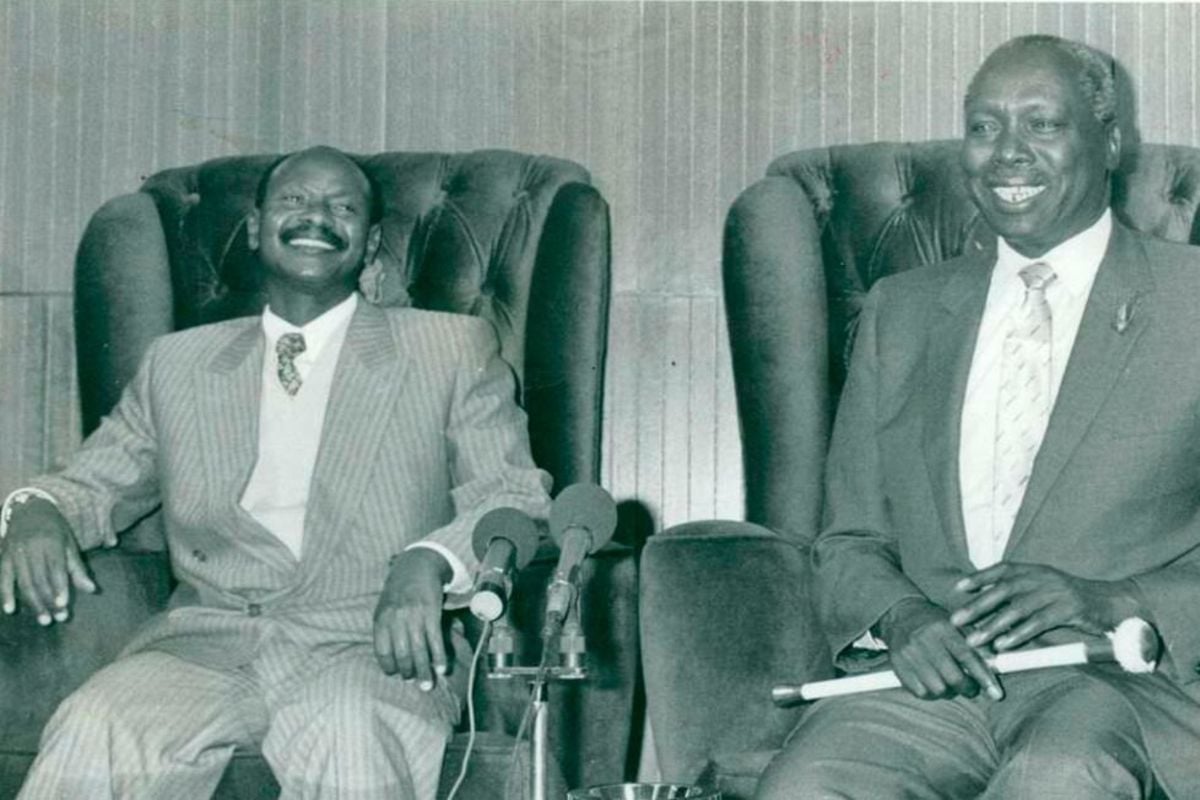
Alan Tacca
At the age of 80, if you are lucky not to have dementia, and you are also a ruler of a country now for 38 years, after celebrating your successes, there must be moments when you reflect that you will probably never have another opportunity to reverse your failures and carry your country and its citizens to the place where you dreamt and believed you would deliver them. At 80, there must be moments when President Museveni ponders where all the hype about his vision evaporated.
More specifically, as he explores the potholes, dust and garbage around the country, he must sometimes remember that he once made ‘modernisation’ his presidential campaign catchword. How did modernity escape under his watch and leave Uganda so backward? When the late Ssebaana Kizito was the mayor of Kampala, President Museveni made oblique references to green flies from City Hall (where Ssebaana reigned) upsetting the hygiene at the Nakasero State Lodge (one of Museveni’s residences).
That was before the introduction of two ministers and an executive director to usurp most of the power of an elected mayor. Many years later, with the current lord mayor constitutionally marginalised, and the city firmly under the President’s boot, the garbage heaps and swarms of green flies around the city must be making Ssebaana smile in his grave. It has been rammed into our ears a thousand times that democracy is expensive, even as Uganda apparently grows more authoritarian.
For that reason, our Parliament will soon have almost 600 members. More districts and villages are said to be in the pipeline. And the cliché, or the usual crap, that democracy is very expensive will be repeated. All right. But what about modernity?Uganda’s ruling family and affiliated class have many of the trappings associated with power and affluence in advanced modern societies.
Museveni’s family, his close relatives, his ministers and the horde of senior officials who dance attendance on him live in huge mansions barricaded with high fences, razor wire, electric and electronic security fixtures and layers of police and military personnel. Hey, eat like First World citizens. Their children go to international schools either in Uganda or abroad. When they are seriously ill, they are treated in First World hospitals abroad. Their preferred places to encounter death are Europe and the USA. Reluctantly, India and South Africa. Hey drive huge vehicles. And the President of course has a jet aircraft to himself; a modern super chief.
It is just as Museveni-1986 saw Africa’s problem. Meanwhile, as the Kiteezi garbage disaster demonstrated, Uganda is desperately short of competence and modern heavy machinery for dealing with an event like that. Above all, the rulers did not have the modern foresight or the modern sense of responsibility, and they did not have the will to make the investment in modern garbage management technologies that would have prevented the disaster in the first place. This absence of modern ‘total concept’ comprehension and commitment is almost everywhere.
In health, education, agriculture, roads and other infrastructure, there are patches of modernity grafted on outmoded and near-dead systems by people who are largely driven by greed. It is probably too late for him now to change course, but I believe the President can be made to understand that modernity is even more expensive than democracy. Once he decided to make the art of remaining in power his biggest project, and his vision and our national resources were surrendered primarily to that purpose, modernity was cash-starved and could not march to spread across the country.
Mr Tacca is a novelist, socio-political commentator.
[email protected]








